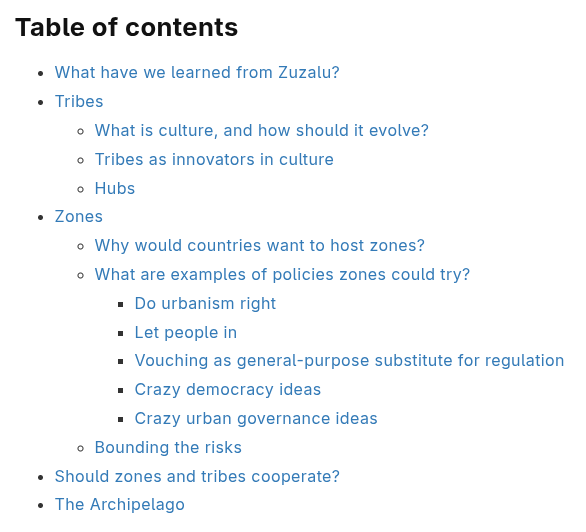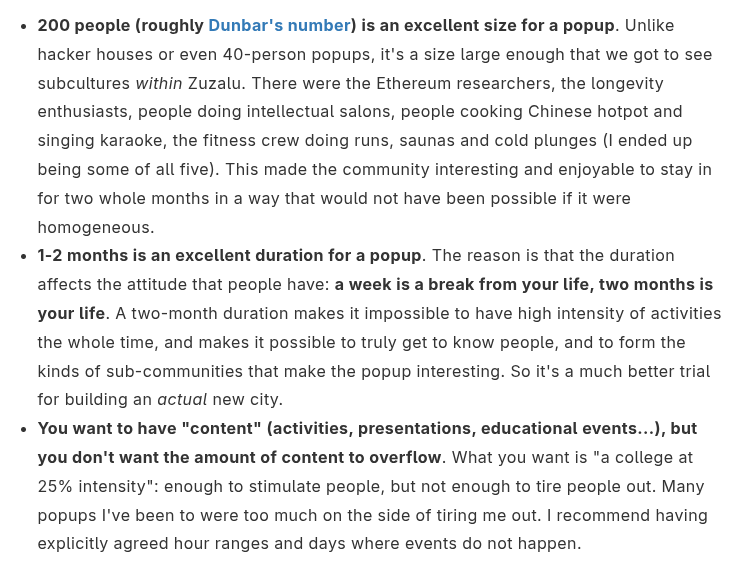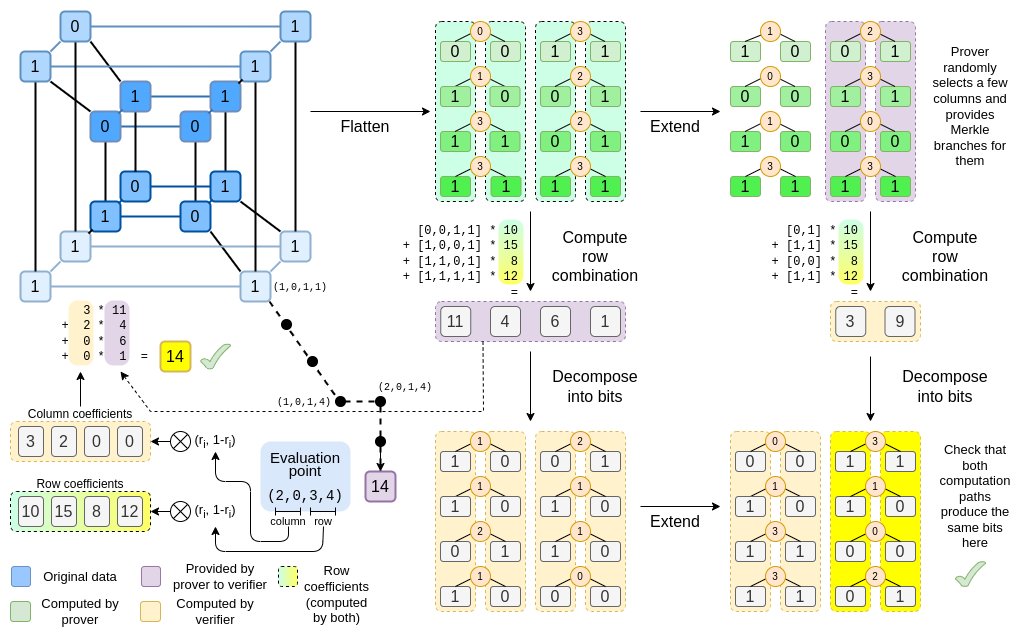We are indeed currently in the process of large changes to EF leadership structure, which has been ongoing for close to a year. Some of this has already been executed on and made public, and some is still in progress.
What we're trying to achieve is primarily the following goals:
* Improve level of technical expertise within EF leadership
* Improve two-way communications and ties between EF leadership and the ecosystem actors, old and new, that it is our role to support: users (individual and institutional), app devs, wallets, L2s
* Bring in fresh talent, improve execution ability and speed
* Become more actively supportive of app builders, and make sure important values and inalienable rights (esp privacy, open source, censorship resistance) are a reality for users including at the app layer
* Continue to increase our use of decentralized and privacy tech and the Ethereum chain, including for payments and treasury management
Explicit *non-goals* are:
* Execute some kind of ideological / vibez pivot from feminized wef soyboy mentality to bronze age mindset
* Start aggressively lobbying regulators and powerful political figures (esp in USA, but really anywhere, especially large powerful countries), and risking compromising Ethereum's position as a global neutral platform
* Become an arena for vested interests
* Become a highly centralized org, or even more of a "main character" within Ethereum
These things aren't what EF does and this isn't going to change. People seeking a different vision are welcome to start their own orgs.
What we're trying to achieve is primarily the following goals:
* Improve level of technical expertise within EF leadership
* Improve two-way communications and ties between EF leadership and the ecosystem actors, old and new, that it is our role to support: users (individual and institutional), app devs, wallets, L2s
* Bring in fresh talent, improve execution ability and speed
* Become more actively supportive of app builders, and make sure important values and inalienable rights (esp privacy, open source, censorship resistance) are a reality for users including at the app layer
* Continue to increase our use of decentralized and privacy tech and the Ethereum chain, including for payments and treasury management
Explicit *non-goals* are:
* Execute some kind of ideological / vibez pivot from feminized wef soyboy mentality to bronze age mindset
* Start aggressively lobbying regulators and powerful political figures (esp in USA, but really anywhere, especially large powerful countries), and risking compromising Ethereum's position as a global neutral platform
* Become an arena for vested interests
* Become a highly centralized org, or even more of a "main character" within Ethereum
These things aren't what EF does and this isn't going to change. People seeking a different vision are welcome to start their own orgs.
• • •
Missing some Tweet in this thread? You can try to
force a refresh



















